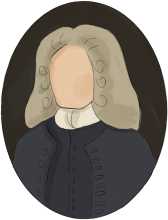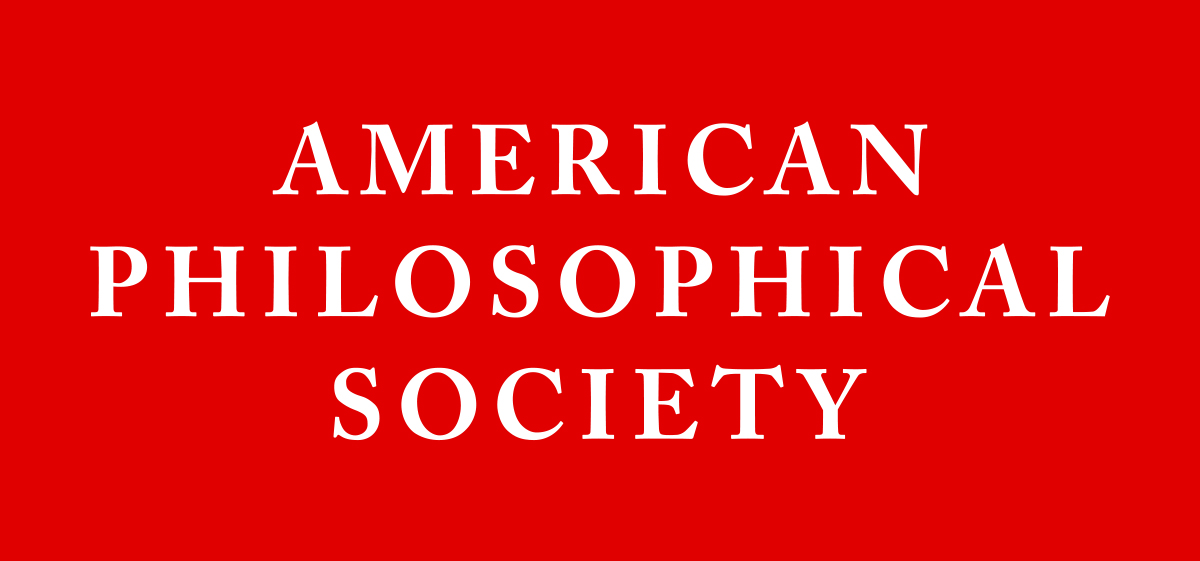John Tennent (24)
Election date: 1744Elected to the original American Philosophical Society.

John Tennent (1710–27 October 1748) was a physician and a member of the American Philosophical Society, elected in 1744. Born in Scotland, he immigrated to Virginia in 1727. Known for his controversial recommendations of Native American herbal remedies, Tennent pioneered the use of rattlesnake root, a popular indigenous cure for snake bites, to treat pleurisy, which exhibited similar symptoms. Although Benjamin Franklin recommended the cure in Poor Richard’s Almanac, many doctors remained skeptical. Responding to them in the Virginia Gazette, Tennent accused the medical profession at large of obscurantism and greed. In 1737 and 1739, he visited England, where his connections to William Byrd earned him an introduction to Royal Society President Sir Hans Sloane. However, he was unable to secure financial support from Parliament or a medical degree from the University of Edinburgh. By 1740 Tennent was in debtors’ prison. After his release, his professional and personal fortunes did not improve. He failed to obtain an appointment as physician-general to the British forces in the West Indies and faced a bigamy indictment after marrying a wealthy widow. He continued to criticize the medical profession, arguing that knowledge should be shared rather than monopolized. This belief is epitomized by the widely popular Every Man His Own Doctor, the first American domestic medical manual, which he likely authored. (PI, ANB, DAB)
Publication: London: Printed for the author, 1743.
Publication: Edinburgh: Printed by P. Matthie, and sold by most booksellers in town, [1738]
Subjects:Epidemics -- Virginia. | Senegal.
Publication: Williamsburg [VA]: Printed and sold by William Parks, [1736]
Subjects:Pleurisy.
Publication: [Williamsburg, VA]: Printed and sold by William Parks at his printing-office in Williamsburg, and Annapolis, 1734.
Subjects:Medicine -- Formulae, receipts, prescriptions. | Medicine, Popular.
Publication: London: Printed for W. Payne, at Horace’s Head in the Strand: and sold by the booksellers in town and country, 1745.
Subjects:Epidemics -- Early works to 1800. | Fever -- Early works to 1800.
Publication: London: Printed by T. Gardner, near Temple Bar, and sold by Andrew Millar, bookseller, opposite St. Clement’s Church in the Strand, and John Millan, near Wills’s Coffee House, Charing Cross, [1742]
Subjects:Medicine -- Great Britain -- Early works to 1800. | Vinegar -- Great Britain -- Early works to 1800.
Publication: London: Printed for John Clarke, at Homer’s-Head the Corner of Essex-Street in the Strand, 1741.
Subjects:Epidemics -- Early works to 1800. | Fever -- Early works to 1800.
Publication: London: Printed by T. Gardner, and sold by Andrew Millar, and John Millan, 1742.
Publication: London: Printed for C. Corbett, 1741.
